Bleeding Risk Calculator
Risk Assessment Tool
Based on the article about ginkgo biloba interactions with blood thinners. Note: This is a general estimate only.
Ever wondered why doctors tell patients to stop taking ginkgo before surgery or while on blood‑thinners? The short answer: ginkgo can make blood clot slower, and that matters when you’re already on medication that thins your blood. Below we break down the science, the real‑world case reports, and the practical steps you can take to stay safe.
What is Ginkgo biloba?
Ginkgo biloba is a leaf extract taken from the ancient Ginkgo tree native to China. It’s marketed as a memory booster, but the evidence for cognitive benefits is mixed. Standardized extracts usually contain about 24% flavonoid glycosides and 6% terpene lactones, with daily doses of 120‑240 mg considered typical for most users.
How Do Blood Thinners Work?
Blood thinners, or anticoagulants, prevent clots from forming or growing. Common classes include:
- Vitamin K antagonists (e.g., Warfarin)
- Direct oral anticoagulants (DOACs) like apixaban and rivaroxaban
- Antiplatelet drugs such as Aspirin and Clopidogrel
These agents work by either reducing clotting factor activity (warfarin) or blocking platelets (aspirin, clopidogrel). When anything else slows clot formation, the combined effect can tip the balance toward bleeding.
Why Does Ginkgo Raise Bleeding Concerns?
Ginkgo contains compounds called flavonoids and terpenes that inhibit platelet‑activating factor (PAF) and interfere with clotting cascade enzymes. In lab studies, these ingredients lengthen bleeding time - the period it takes for a small cut to stop bleeding. Real‑world data are less tidy, but several large observational studies point to a higher odds of abnormal coagulation tests and, in some cases, actual bleeding events when ginkgo is taken alongside blood thinners.
What the Numbers Say
A 2023 PLOS ONE analysis of electronic health records found that patients on ginkgo plus a blood thinner had a statistically significant increase in bleeding‑related diagnoses (odds ratio 1.08, p < 0.001). The same study flagged an even stronger link with abnormal clotting test results (OR 1.49, p < 0.001). By contrast, a controlled trial of the standardized extract EGb 761 showed no change in any of 29 hemostatic parameters.
These mixed results mean clinicians err on the side of caution, especially for high‑risk groups such as older adults, people with liver disease, or anyone headed for surgery.
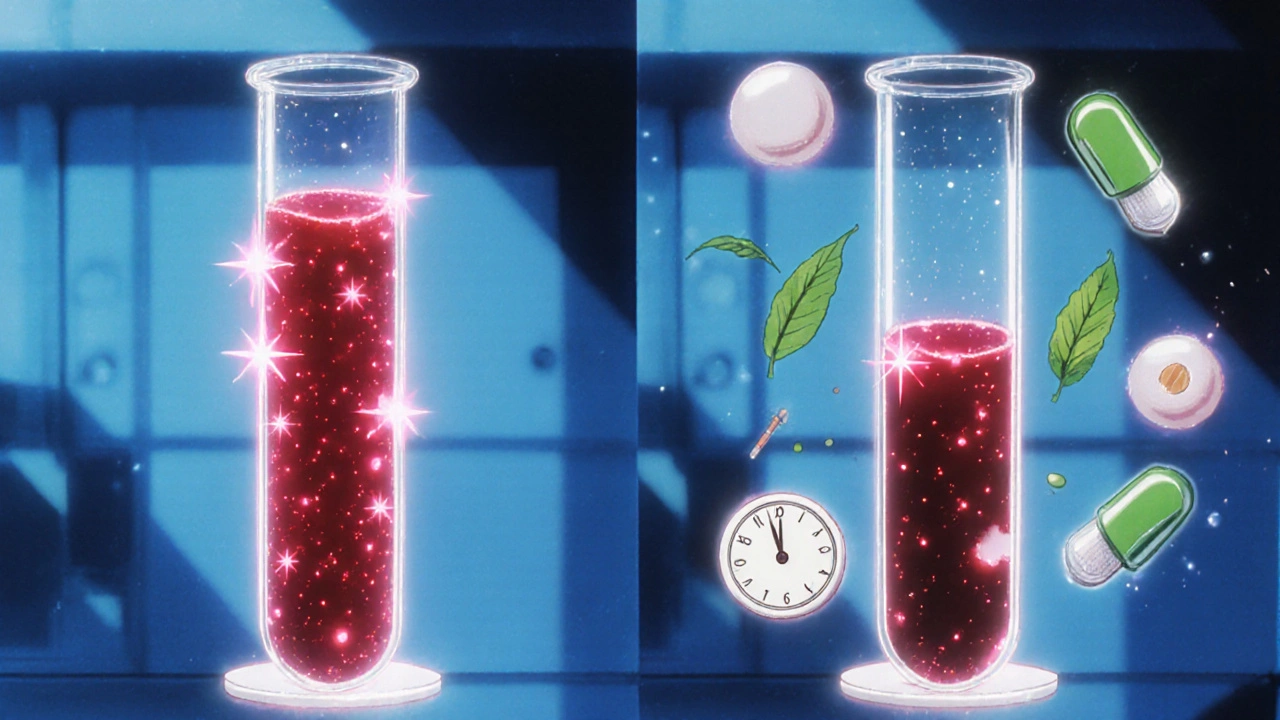
Key Blood‑Thinner Combinations to Watch
| Blood‑thin ner | Typical Dose | Observed Interaction | Practical Advice |
|---|---|---|---|
| Warfarin | 2-5 mg daily (adjusted by INR) | INR may rise 0.5-1.0 points | Stop ginkgo 2 weeks before starting warfarin or any dose change. |
| Aspirin | 81-325 mg daily | Longer bleeding times; occasional GI bleed | Discontinue ginkgo ≥1 week before aspirin therapy. |
| Clopidogrel | 75 mg daily | Increased platelet inhibition | Pause ginkgo 10-14 days before clopidogrel start. |
| Ibuprofen (OTC NSAID) | 200-400 mg q6‑8h | Combined GI irritation + bleed risk | Avoid concurrent use; if needed, separate by >12 h. |
| DOACs (apixaban, rivaroxaban) | 5-10 mg BID | Limited data but theoretical additive effect | Consider stopping ginkgo 1 week before DOAC initiation. |
Timing Matters: When to Stop Ginkgo
Guidelines vary slightly:
- The American Society of Anesthesiologists (ASA) advises stopping all herbal supplements, including ginkgo, 2‑3 weeks before elective surgery.
- Some pharmacokinetic studies suggest a shorter 36‑hour window may be enough for minor procedures.
- Most clinicians recommend at least a 2‑week washout before starting or changing any anticoagulant dose.
Because the supplement’s half‑life is roughly 4 hours, the longer break mainly protects against lingering platelet effects and ensures laboratory tests (INR, PT, aPTT) reflect only the prescribed medication.
Who Is Most at Risk?
Even a healthy adult can experience a bleed if they combine high‑dose ginkgo (≥240 mg) with a potent anticoagulant. The risk spikes for:
- People over 65 years old
- Patients with chronic kidney or liver disease
- Individuals with a history of ulcers or GI bleeding
- Pregnant women (FDA advises avoidance)
- Anyone scheduled for surgery, dental extraction, or invasive procedures
Case reports illustrate the extremes: a 58‑year‑old man on low‑dose aspirin developed spontaneous eye bleeding after a week of ginkgo; a 32‑year‑old woman suffered a sub‑dural hemorrhage after months of daily ginkgo without any other blood‑thinner.
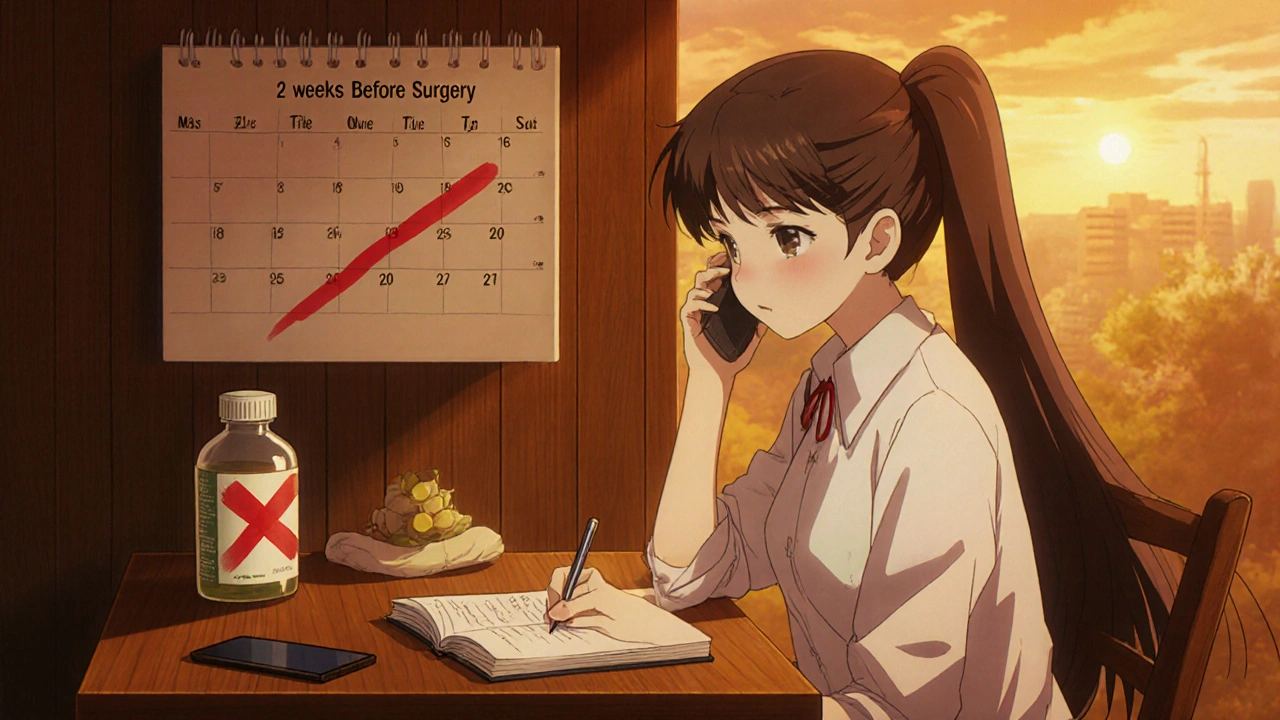
Practical Steps for Consumers
- List every supplement. Write down brand names, doses, and how long you’ve been taking them.
- Tell every healthcare provider. Include doctors, dentists, pharmacists, and surgeons.
- Ask about timing. If you’re starting a blood thinner, stop ginkgo at least 2 weeks beforehand.
- Monitor lab values. For warfarin users, request an INR check 3-5 days after stopping ginkgo.
- Watch for signs of bleeding. Unexplained bruises, nosebleeds, black stools, or prolonged bleeding from cuts need prompt medical attention.
Guidance for Healthcare Professionals
When reviewing a patient’s medication list, flag ginkgo any time you see:
- Warfarin, apixaban, rivaroxaban, or dabigatran
- Antiplatelet agents (aspirin, clopidogrel, ticagrelor)
- NSAIDs (ibuprofen, naproxen)
- Concurrent use of multiple herbs with antithrombotic potential (e.g., garlic, ginger)
Document the decision to either discontinue ginkgo or adjust the anticoagulant dose. A short “herbal supplement” field in electronic health records can prompt alerts.
Regulatory Landscape
The FDA treats ginkgo as a dietary supplement, not a drug. That means manufacturers don’t have to prove safety before selling it, and product quality can vary. Look for brands that follow Good Manufacturing Practices (GMP) and list the exact % of flavonoids and terpene lactones. The Dietary Supplement Health and Education Act of 1994 places the onus on companies, not regulators, to report adverse events, so under‑reporting is common.
Bottom Line
If you’re on a blood thinner, treat ginkgo like any other medication that can affect clotting. Stop it well before surgery or any change in anticoagulant therapy, and always keep your doctor in the loop. The risk isn’t guaranteed, but the potential for a serious bleed makes caution worth the effort.
Can I take low‑dose ginkgo with aspirin?
Even low‑dose aspirin (81 mg) can become a bleeding risk when combined with ginkgo. Most experts suggest stopping ginkgo at least one week before starting aspirin, or choosing an alternative supplement.
How long does it take for ginkgo to leave my system?
Ginkgo’s half‑life is about four hours, but its effects on platelet function can linger. A 2‑week washout is the safest window before major surgery or when starting a new anticoagulant.
Is there a safe dose of ginkgo for someone on warfarin?
Studies show no clear safe threshold. If you must take ginkgo, keep the dose at or below 120 mg daily and monitor INR closely. The safer choice is to avoid it altogether.
Do I need to stop ginkgo before a dental extraction?
Yes. Dental procedures can cause bleeding, and the ASA recommends stopping ginkgo 7-10 days before any invasive oral work.
What are the signs of a serious bleed?
Look for unexplained bruises, nosebleeds that last longer than 10 minutes, black or tarry stools, persistent cough with blood, or sudden severe headache. Seek emergency care if any appear.
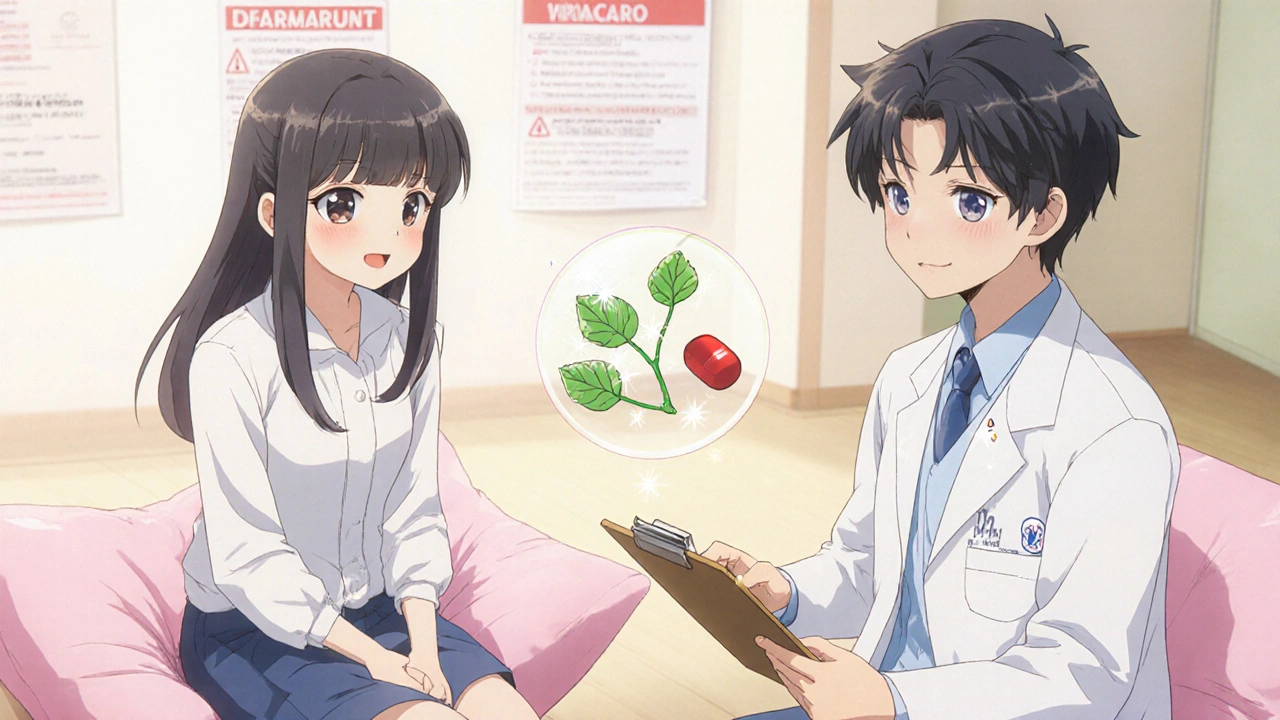
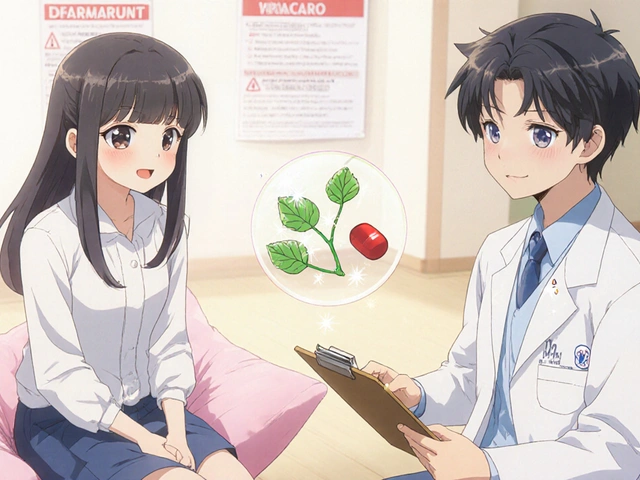


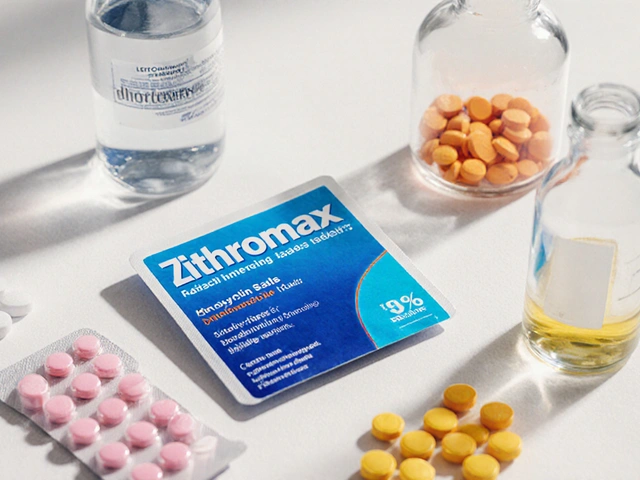

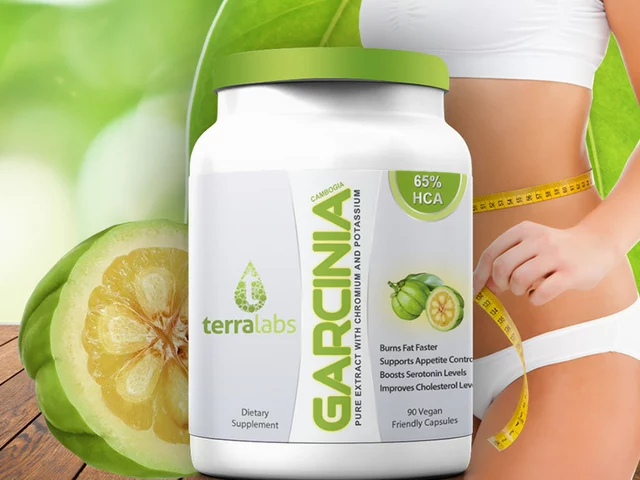

Bianca Larasati October 24, 2025
If you’re juggling ginkgo with a blood thinner, the first thing you need to do is draw a hard line in the sand.
Your clotting cascade is already walking a tightrope, and every flavonoid you toss in is a gust of wind.
Stop the supplement at least two weeks before any dose change, because the body’s platelet machinery doesn’t reset overnight.
Even if you’re only taking the modest 120 mg daily, the research shows a measurable bump in INR for warfarin users.
That bump can be the difference between a safe therapeutic range and a dangerous bleed.
Doctors aren’t asking you to ditch every herbal aid; they just want a clear window to gauge the medication’s true effect.
Write down the brand, the exact milligrams, and the day you stopped-this paper trail can save you from a night‑time ER visit.
If you’re scheduled for surgery, treat ginkgo like any other anticoagulant and pull the plug three weeks ahead.
A short 48‑hour washout might work for tiny dental work, but the consensus leans toward a longer safety net.
Watch for warning signs: bruises that appear for no reason, nosebleeds that linger, or dark stools that look like coffee grounds.
Those clues are your body’s alarm bells, shouting that the bleeding balance has tipped.
And remember, the supplement market isn’t tightly regulated, so potency can vary wildly between bottles.
Choosing a GMP‑certified brand with a guaranteed flavonoid content cuts down the guesswork.
In the end, the extra caution is a small price to pay for avoiding a potentially life‑threatening hemorrhage.
So carve out that two‑week gap, keep your doctor in the loop, and you’ll stay on the safe side while still reaping any modest cognitive benefits ginkgo might offer.
Corrine Johnson November 2, 2025
Ginkgo's platelet‑inhibiting compounds - flavonoids, terpene lactones - interact with anticoagulants; thus, the synergy is not a trivial footnote; it's a clinically significant variable. The odds ratios cited (1.08 for bleeding events, 1.49 for abnormal labs) compel physicians to adopt a precautionary stance; ignoring them would be reckless. In practice, a two‑week discontinuation window aligns with ASA guidelines; it also grants labs enough time to reflect true drug effects.
Jennifer Stubbs November 11, 2025
While the statistics do show a statistically significant rise in bleeding‑related diagnoses, the absolute increase is modest and often drowned out by patient‑specific factors like age and renal function. Moreover, the controlled trial of EGb 761 found no alteration in any of the 29 hemostatic parameters, suggesting that not all ginkgo extracts behave alike. Practitioners should therefore weigh the specific product’s standardization and the individual’s overall bleed risk before issuing blanket discontinuation orders.
Abhinav B. November 20, 2025
Listen, folks – you cant just mix ginkgo with warfarin and hope everything will be fine, the platelets get confused and the blood wont clot propery; i have seen patsients bleed from small cuts that would normally stop in seconds. Make sure you pull the supplement atleast 10‑14 days before any dose adjustement, and tell your doc to recheck INR after you stop – that is how you avoid a dangerous situation.
Abby W November 28, 2025
👍 Just stop it before any procedure.
Lisa Woodcock December 7, 2025
I totally get how overwhelming all these numbers and timelines can feel – especially when you’re already managing a chronic condition. The safest bet is to keep a simple list of every supplement, dose, and the exact day you stopped, then share that with every healthcare provider you see. It’s amazing how much smoother the communication becomes when everyone has the same information at hand.
Sarah Keller December 16, 2025
Consider the paradox: we seek natural remedies to enhance cognition, yet we must subject them to the same ruthless scrutiny as synthetic drugs because the body does not discriminate between herb and pill when it comes to bleeding. This is not a trivial inconvenience; it is a moral imperative to respect the fragile equilibrium of our hemostatic system. Therefore, the aggressive stance of pausing ginkgo two weeks before any anticoagulant adjustment is not overcautious – it is a necessary safeguard for lives.
Zaria Williams December 25, 2025
if u think a tiny dose of ginkgo is harmless while on warfarin u might be mistaken. the evidence shows even low‑dose combos can nudge INR upward, and for some patients that nudge is the tipping point into bleedin' trouble. dont ignore the subtle signs – a bruise that lingers or a nosebleed longer than usual could be the first whisper of a bigger problem. keep the probiotic vibe but ditch the ginkgo when you start thinners, and schedule a follow‑up lab check within a week of stopping.